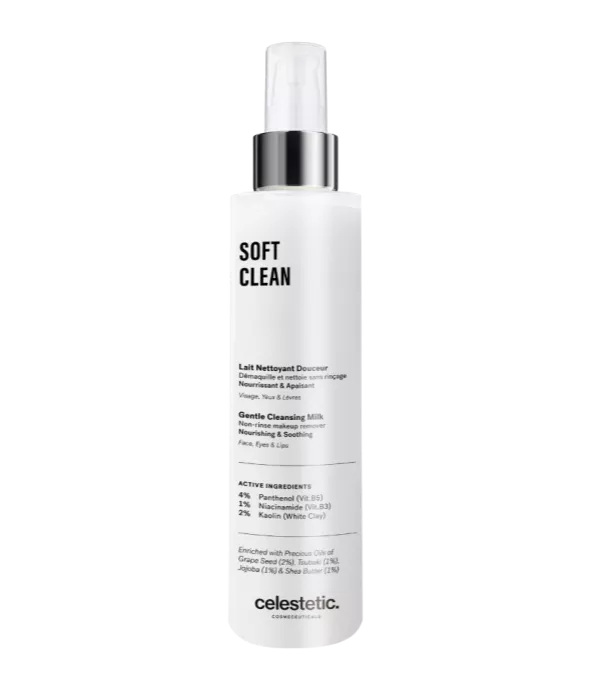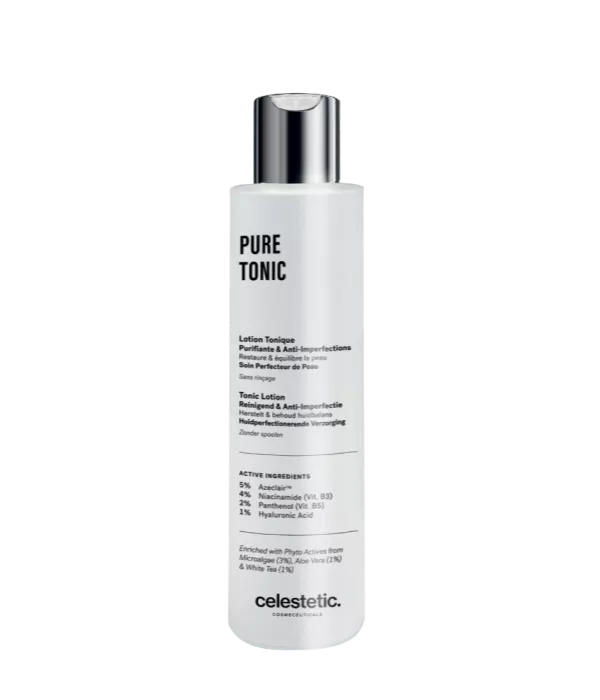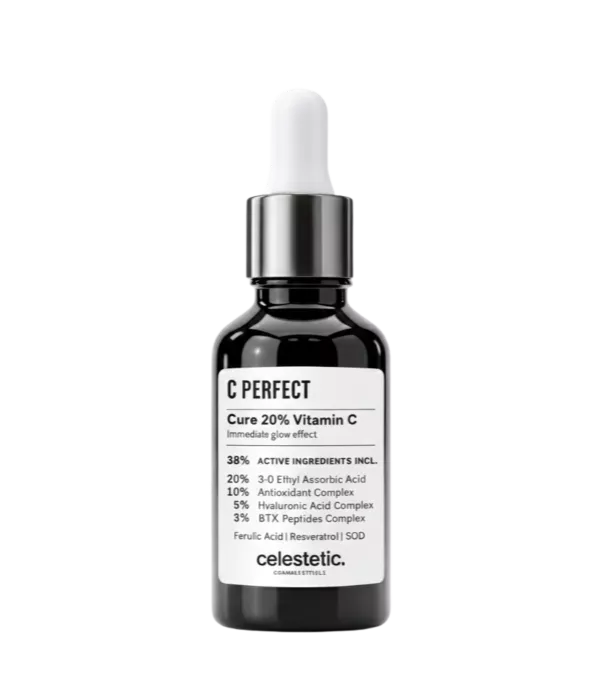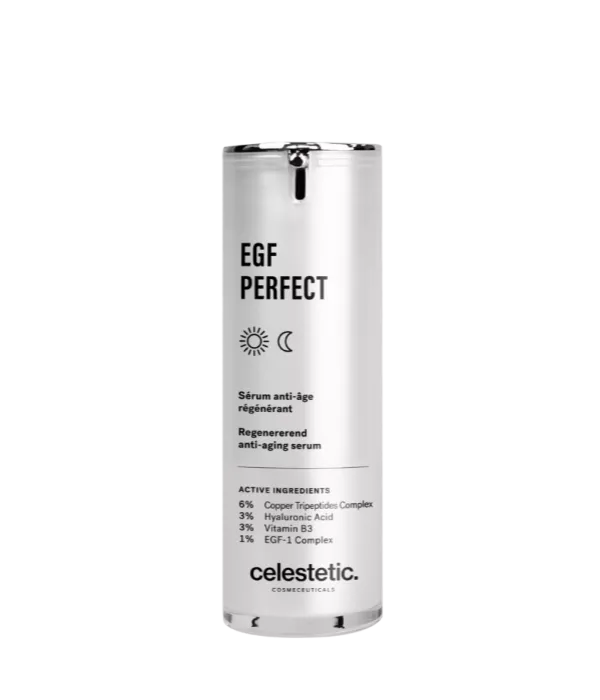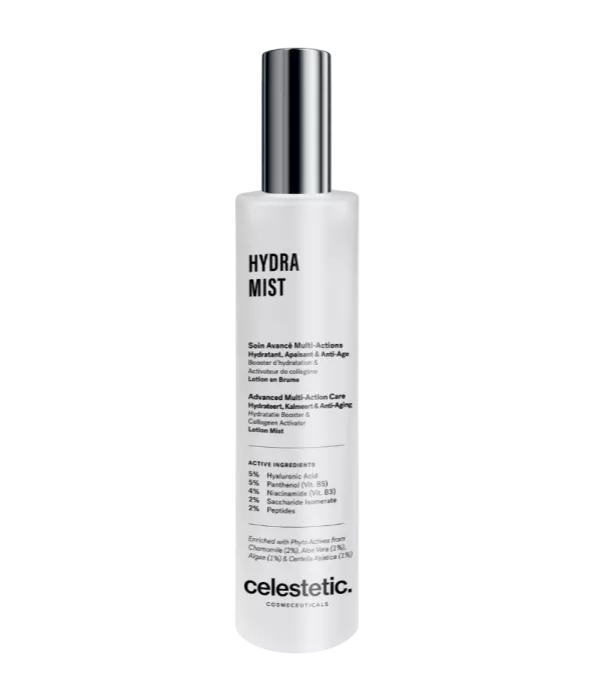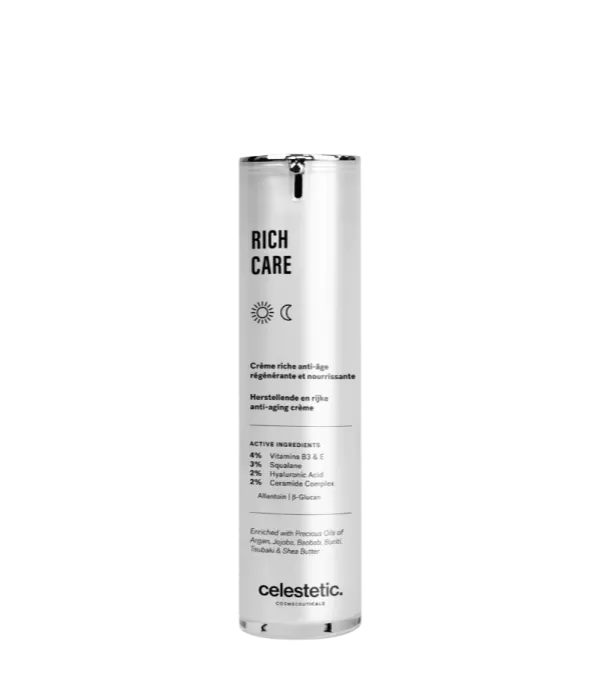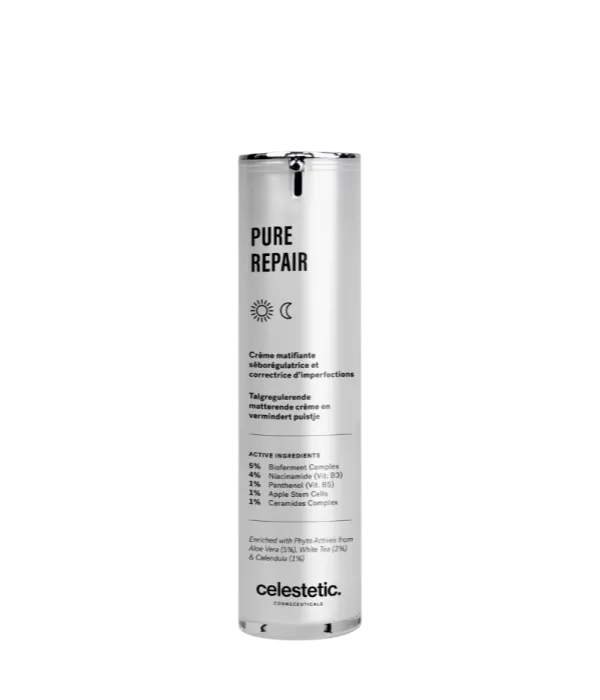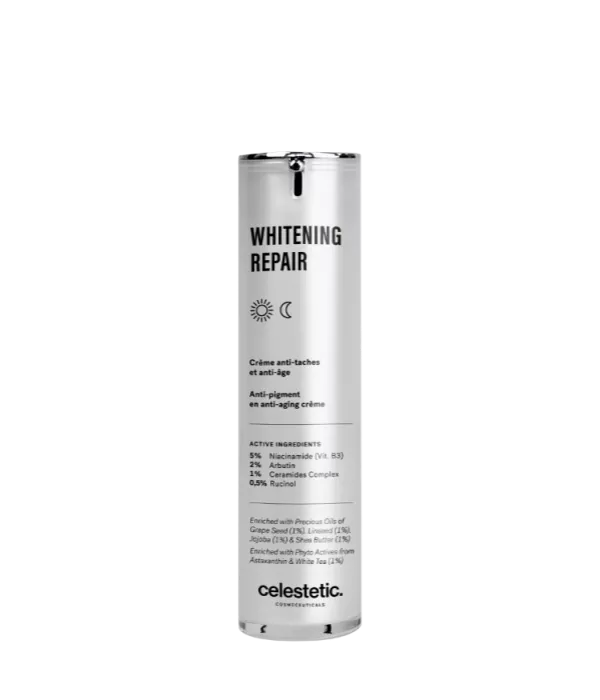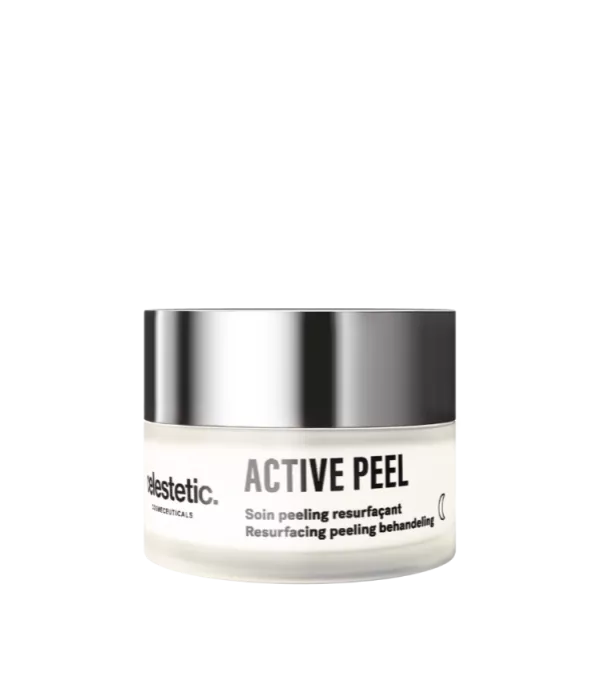Its mode of action

Niacinamide has different modes of action:
Pigment spots are reduced because niacinamide prevents the spread of melanin.
The skin's barrier function is restored because niacinamide stimulates the synthesis of lipids (especially ceramides) that help retain water in the stratum corneum. It increases the biosynthesis of ceramides as well as other lipids in the stratum corneum to improve the permeability barrier of the epidermis.
Niacinamide protects the skin from the effects of stress, pollution and UV rays by blocking free radicals (antioxidant effect).
The anti-aging effect is not only due to the antioxidant effect, but also to the fact that the molecule stimulates the production of collagen and elastin.
Niacinamide triggers cell renewal and microcirculation (increases cellular energy). It also helps maintain an even texture and reduce roughness.
It helps balance and reduce excess sebum production in all skin types, while minimizing the appearance of enlarged pores.
Niacinamide has calming properties that help reduce redness caused by certain skin disorders. It is considered to have a powerful antioxidant effect, repairing the skin barrier and decreasing the expression of chemokines and cytokines associated with redness.




